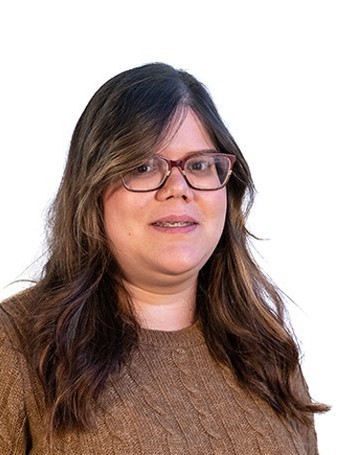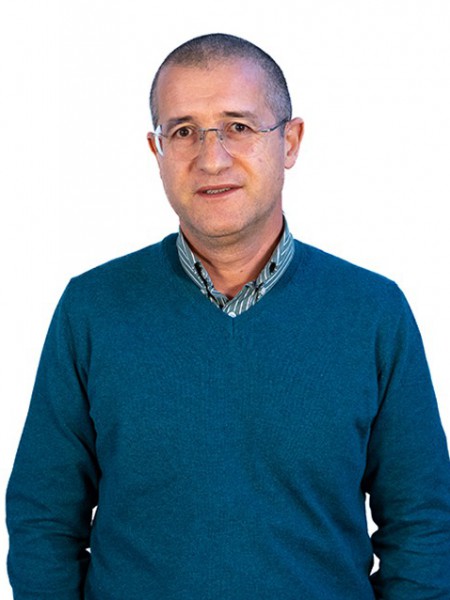abstract
Cellulose, the most abundant natural polymer, is a versatile polysaccharide that is being exploited to manufacture innovative blends, composites, and hybrid materials in the form of membranes, films, coatings, hydrogels, and foams, as well as particles at the micro and nano scales. The application fields of cellulose micro and nanoparticles run the gamut from medicine, biology, and environment to electronics and energy. In fact, the number of studies dealing with sphere-shaped micro and nanoparticles based exclusively on cellulose (or its derivatives) or cellulose in combination with other molecules and macromolecules has been steadily increasing in the last five years. Hence, there is a clear need for an up-to-date narrative that gathers the latest advances on this research topic. So, the aim of this review is to portray some of the most recent and relevant developments on the use of cellulose to produce spherical micro- and nano-sized particles. An attempt was made to illustrate the present state of affairs in terms of the go-to strategies (e.g., emulsification processes, nanoprecipitation, microfluidics, and other assembly approaches) for the generation of sphere-shaped particles of cellulose and derivatives thereof. A concise description of the application fields of these cellulose-based spherical micro and nanoparticles is also presented.
keywords
DRUG-DELIVERY; CARBOXYMETHYL CELLULOSE; MANUFACTURING PROCESSES; MAGNETIC NANOPARTICLES; ACETATE NANOPARTICLES; CONTROLLED-RELEASE; SUSTAINED-RELEASE; BEADS PREPARATION; IONIC LIQUIDS; MICROSPHERES
subject category
Chemistry, Multidisciplinary; Nanoscience & Nanotechnology; Materials Science, Multidisciplinary; Physics, Applied
authors
Carvalho, JPF; Silva, ACQ; Silvestre, AJD; Freire, CSR; Vilela, C
our authors
Projects
CICECO - Aveiro Institute of Materials (UIDB/50011/2020)
CICECO - Aveiro Institute of Materials (UIDP/50011/2020)
Engineering self-propelled cellulose-based Janus microrobots (Cell4Janus)
acknowledgements
This work was developed within the scope of the projects CICECO-Aveiro Institute of Materials (UIDB/50011/2020 & UIDP/50011/2020) and Cell4Janus ( PTDC/BII-BIO/1901/2021 ) financed by national funds through the Portuguese Foundation for Science and Technology (FCT)/MCTES. FCT is also acknowledged for the doctoral grants to J.P.F.C. (2020.09018.BD) and A.C.Q.S. (SFRH/BD/140230/2018), and the research contracts under Scientific Employment Stimulus to C.S.R.F. (CEECIND/00464/2017) and C.V. (CEECIND/00263/2018).






